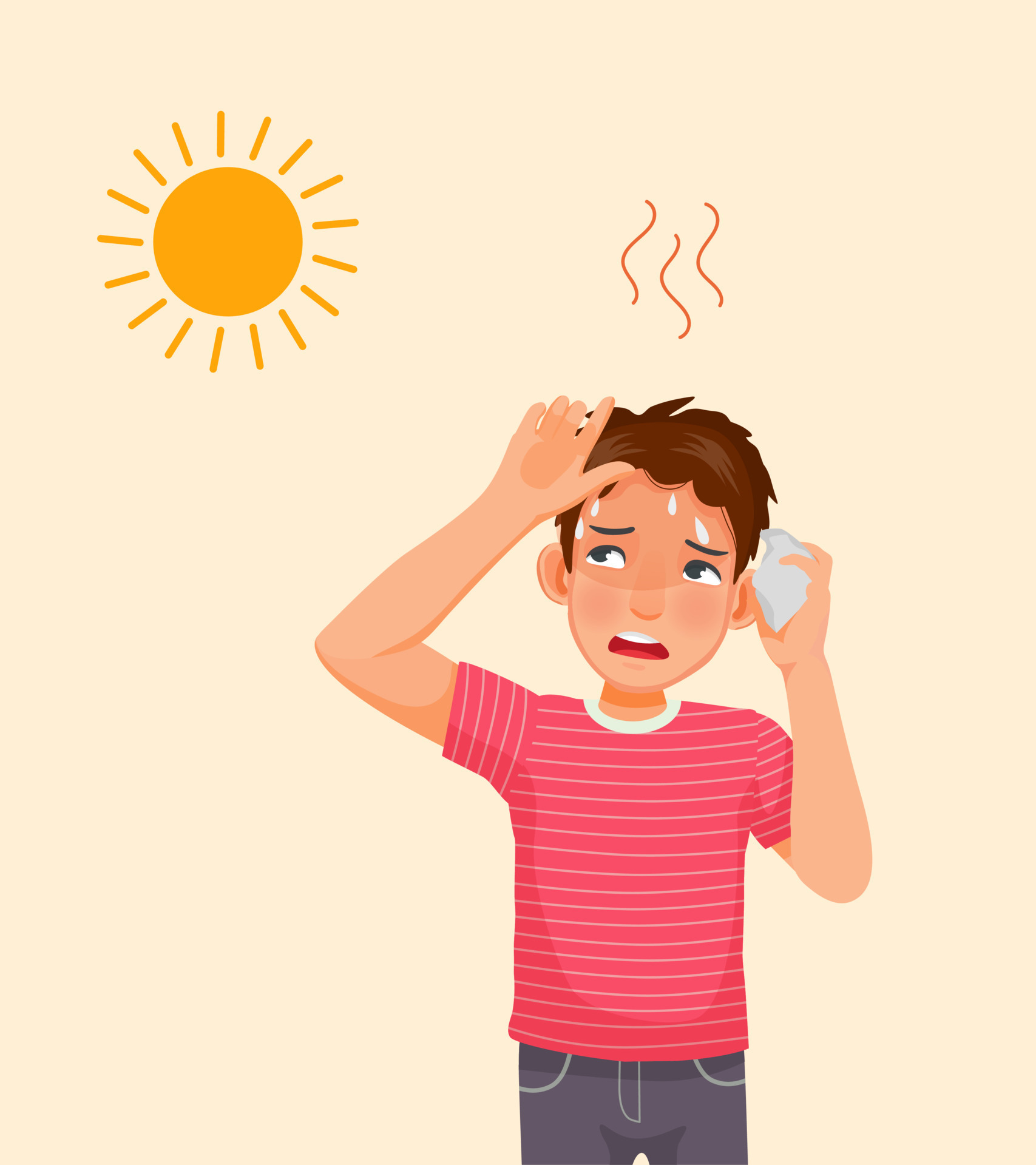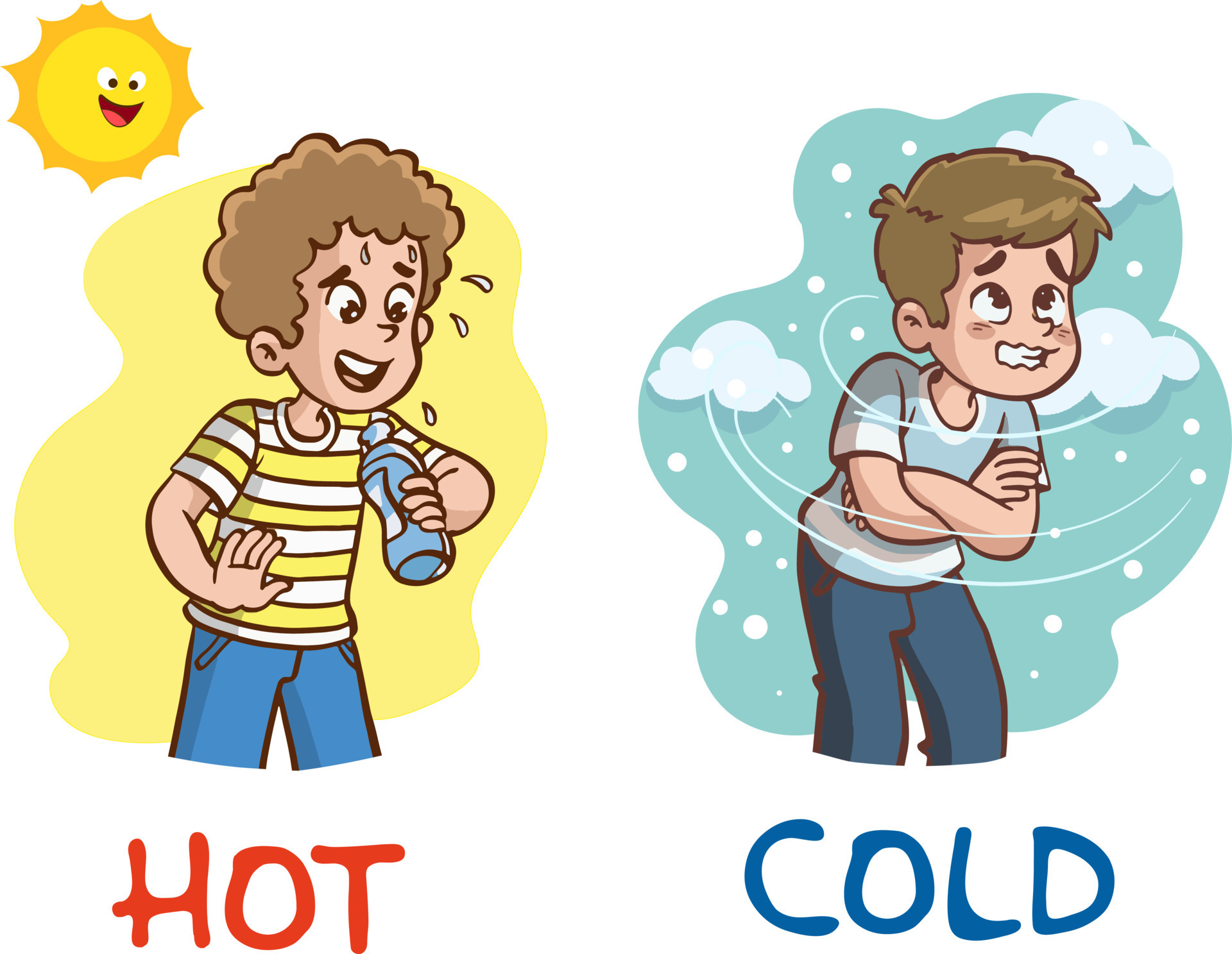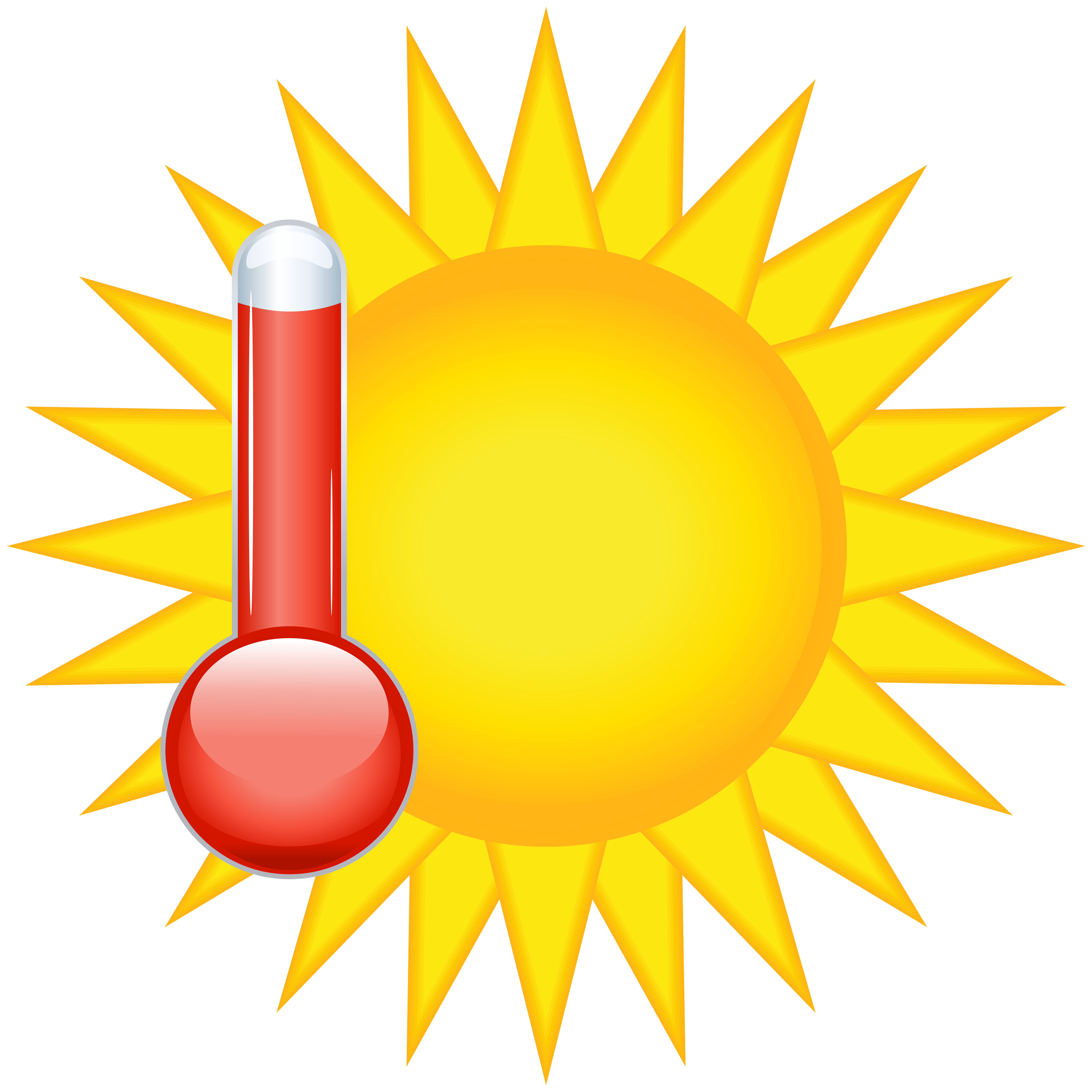Do you ever wonder about the snacks you reach for when a craving hits? Many people, quite a lot of us actually, find ourselves drawn to the fiery, cheesy crunch of Hot Cheetos. They are, you know, a pretty big deal in the snack aisle. This popular treat has, in a way, become a staple for so many, from kids to adults, and it’s a frequent topic of discussion, almost a hot topic, you could say, whenever food choices come up. But beyond that immediate burst of flavor, a question often lingers: are Hot Cheetos healthy? It's a fair thing to ask, honestly, given how much we enjoy them.
Understanding what goes into our bodies is, well, quite important for overall well-being. This isn't just about avoiding things that are obviously "bad"; it's also about making informed decisions about everyday indulgences. We want to enjoy our food, naturally, but also feel good about the choices we make, right? This article will really look closely at Hot Cheetos, examining what they are made of and how they might affect your health, so you can decide for yourself if they fit into your eating plan.
We'll talk about the ingredients, the nutritional values, and what happens when you eat them often. It's about getting a clear picture, basically, without judgment. Just like you might manage a complex game, perhaps like overseeing your own hotpot restaurant, making daily purchases and developing dishes, managing your diet involves thoughtful choices about what you "stock" and "serve" your body. We'll explore the facts so you can enjoy your snacks responsibly, or maybe find some different ones that still give you that spicy kick.
Table of Contents
- What Are Hot Cheetos, Really?
- The Nutritional Breakdown: What's Inside?
- Potential Health Impacts of Regular Consumption
- Moderation is Key: A Sensible Approach
- Healthier Alternatives to Satisfy Cravings
- Understanding Food Labels and Making Informed Choices
- Frequently Asked Questions About Hot Cheetos
- Final Thoughts on Your Snack Choices
What Are Hot Cheetos, Really?
The Basics of a Popular Snack
Hot Cheetos, or Flamin' Hot Cheetos as they are officially known, are a very popular snack food that many people just love. They are a variation of the classic Cheetos, but with a distinct spicy kick that really sets them apart. These snacks are made primarily from cornmeal, which is puffed and then coated with a cheesy, spicy seasoning. The appeal, honestly, is pretty clear: they are crunchy, full of flavor, and give you that satisfying heat that some people really crave. It's a pretty unique experience, you know, that combination of cheese and chili.
The fiery flavor is, in a way, a big part of their identity. This spice comes from a blend of chili peppers and other seasonings that give Hot Cheetos their characteristic red color and intense taste. They are, to be honest, a go-to for many when they want something bold and exciting in their snack time. Whether you are watching a show on a mobile device, like with the HOT Play app, or just relaxing, these snacks are often right there.
How They Are Made and What That Means
The creation of Hot Cheetos involves a process that, frankly, makes them a highly processed food. Cornmeal is first shaped and then baked or fried, which gives them their airy, puffed texture. After this, they get a generous coating of that famous seasoning. This seasoning is what delivers the heat and the cheesy flavor. The manufacturing process, honestly, means that these snacks are not really "whole" foods, like fruits or vegetables, which retain their natural structure and nutrients. Instead, they are assembled from various components, and that, in a way, impacts their nutritional profile.
The ingredients list for Hot Cheetos typically includes enriched cornmeal, vegetable oil (often corn, canola, or sunflower oil), and a mix of cheese seasoning and artificial flavors. These artificial ingredients and the processing methods are, you know, key factors when we consider their overall health implications. Understanding this process is, actually, a first step in evaluating whether Hot Cheetos align with a balanced eating plan. It's not just about the taste; it's about what goes into making them, and that, in some respects, tells a story about their nutritional value.
The Nutritional Breakdown: What's Inside?
Calories and Energy Density
When we look at Hot Cheetos, one of the first things that stands out is their calorie count. A typical serving, which is often smaller than what people actually eat, contains a fair amount of calories. These calories come mostly from carbohydrates and fats, with very little protein. This makes them an "energy-dense" food, meaning they provide a lot of calories in a small volume. For someone trying to manage their weight, or just be mindful of their energy intake, this is, well, a pretty important detail. You can, for instance, consume a lot of calories quite quickly without feeling very full.
The issue with energy-dense foods like Hot Cheetos is that they often don't provide much in the way of sustained energy or satiety. You might eat a bag, and then, rather soon after, find yourself feeling hungry again. This is because they lack fiber and significant protein, which are components that typically help you feel full and satisfied for longer. So, while they give you a quick burst of energy, it's not the kind that really keeps you going throughout the day, that's for sure.
Fats: The Good, the Bad, and the Processed
Fats are, you know, a big part of the Hot Cheetos experience, contributing to their texture and flavor. However, the types of fats present are usually not the most beneficial kind. They typically contain a good amount of saturated fat, and sometimes even trans fats, depending on the specific oil used and the processing. Saturated and trans fats are, basically, known for their potential to raise levels of "bad" cholesterol in the body, which isn't great for your heart health. It's something to consider, really, when you are looking at the overall picture of your diet.
The oils used, such as corn or sunflower oil, are often highly refined. While these oils can be fine in moderation, when consumed in large quantities as part of processed snacks, they contribute to a higher intake of omega-6 fatty acids. A diet that is, in a way, too high in omega-6s compared to omega-3s can sometimes contribute to inflammation in the body. So, it's not just about the amount of fat, but also the type, and that, honestly, makes a difference.
Sodium and Its Role
The savory, cheesy taste of Hot Cheetos comes with a pretty significant amount of sodium. Sodium, or salt, is a necessary nutrient for our bodies, helping with fluid balance and nerve function. However, most people in modern societies consume far more sodium than they need, and snacks like Hot Cheetos contribute a lot to this excess. A single serving can contain a substantial portion of the recommended daily sodium intake. This is, actually, a pretty common issue with many processed snack foods.
Consuming too much sodium regularly can, over time, lead to issues like high blood pressure, which is a risk factor for heart disease and stroke. It's a bit like a car engine, you know, needing the right amount of fluid to run smoothly; too much of one thing can cause problems. So, if you are someone who enjoys Hot Cheetos often, paying attention to your overall sodium intake from other foods throughout the day is, well, quite important. It really adds up, you know.
Carbohydrates and Fiber
Hot Cheetos are, in essence, a carbohydrate-heavy snack. The main ingredient, cornmeal, is a grain, and it provides the bulk of the carbohydrates. These are primarily refined carbohydrates, meaning that the fibrous outer layers of the corn kernel have been removed during processing. Refined carbohydrates are, basically, digested quickly by the body, leading to a rapid rise in blood sugar levels. This is different from the slow, steady energy release you get from whole grains or fruits, which have their fiber intact.
The lack of fiber in Hot Cheetos is, frankly, a notable point. Fiber is really important for digestive health, helping to keep things moving smoothly and contributing to a feeling of fullness. Without it, snacks like these don't offer much in terms of digestive benefits. So, while they provide carbohydrates for energy, they don't offer the other beneficial components that come with whole, unprocessed carbohydrate sources, and that, in a way, is a key distinction.
Protein and Other Micronutrients
When it comes to protein, Hot Cheetos offer, well, very little. Protein is absolutely essential for building and repairing tissues, making enzymes, and many other bodily functions. A snack that is low in protein won't contribute much to your daily needs, and it won't help you feel satisfied for long after eating. This is why you might find yourself reaching for more snacks, or feeling hungry again quite soon, after a bag of Cheetos.
As for other important micronutrients, like vitamins and minerals, Hot Cheetos are, basically, not a significant source. They are often described as providing "empty calories," meaning they give you energy without much nutritional value in return. Unlike a well-balanced meal that provides a range of vitamins, minerals, and other beneficial compounds, Hot Cheetos offer, in a way, very little beyond the basic macronutrients of carbs and fats. This means that if these snacks make up a large part of your diet, you could be missing out on essential nutrients that your body really needs to function at its best, you know.
Potential Health Impacts of Regular Consumption
Digestive Discomfort and Spicy Foods
Eating Hot Cheetos regularly, especially in larger amounts, can sometimes lead to digestive discomfort for some people. The intense spiciness, which comes from capsaicin, the compound found in chili peppers, can irritate the lining of the stomach and esophagus. This might cause symptoms like heartburn, acid reflux, or a general upset stomach. It's a bit like how a heat rash can occur in hot, humid conditions, causing skin irritation; similarly, internal "heat" from spicy foods can cause irritation inside your body, you know.
While not everyone experiences these issues, individuals who are prone to digestive sensitivities, or those with existing conditions like GERD, might find that Hot Cheetos worsen their symptoms. It's a common story, actually, that too much spice can lead to a burning sensation that lasts longer than the enjoyment of the snack. So, paying attention to how your body reacts is, well, quite important.
Weight Management Considerations
Because Hot Cheetos are high in calories, unhealthy fats, and refined carbohydrates, and low in filling nutrients like fiber and protein, they can easily contribute to weight gain if consumed frequently and in large portions. It's very easy to overeat them, simply because they are so palatable and don't make you feel full. This can lead to an excess calorie intake over time, which, you know, directly affects your weight. It's a pretty straightforward connection, really.
Many people find it hard to stop at just one serving, and the bags are often much larger than a single portion. This makes it challenging to control calorie intake when these snacks are a regular part of your diet. If you are, in a way, trying to maintain a healthy weight or lose a few pounds, relying on snacks like Hot Cheetos can, basically, make your goals much harder to reach. It's about the balance, you know, of energy in versus energy out.
Cardiovascular Health and Sodium Intake
The high sodium content in Hot Cheetos is a significant concern for cardiovascular health. Regular, high intake of sodium can contribute to elevated blood pressure, also known as hypertension. High blood pressure puts extra strain on your heart and blood vessels, increasing the risk of heart disease and stroke over time. This is, frankly, a pretty serious long-term effect that many people don't consider when grabbing a snack.
For individuals who already have high blood pressure, or those with a family history of heart conditions, limiting processed snacks high in sodium, like Hot Cheetos, becomes even more important. It's about protecting your heart, you know, and making choices that support its long-term function. So, while the immediate taste might be satisfying, the cumulative effect of too much sodium is, well, something to really think about.
Inflammation and Processed Ingredients
The types of fats and refined ingredients found in Hot Cheetos can, arguably, contribute to inflammation in the body. Chronic inflammation is, basically, linked to a host of health problems, including heart disease, diabetes, and certain autoimmune conditions. While a single serving won't cause major issues, consistent consumption of foods that promote inflammation can, over time, have a negative impact on your overall health. It's a subtle effect, you know, but it builds up.
Processed foods often contain ingredients that are, in a way, designed for taste and shelf life rather than nutritional benefit. These ingredients, including certain oils and artificial additives, can trigger inflammatory responses in some individuals. So, if you're looking to reduce inflammation in your body, cutting back on highly processed snacks is, generally, a pretty good step to take. It's about giving your body the best chance to thrive, really.
Impact on Taste Preferences
Regularly eating highly flavored snacks like Hot Cheetos can, actually, affect your taste buds over time. The intense saltiness, spiciness, and artificial flavors can, in a way, make less intensely flavored, natural foods seem bland or unappealing. This can create a cycle where you crave more highly processed, flavorful foods, and find it harder to enjoy healthier options like fruits, vegetables, and whole grains. It's a bit like getting used to a very loud concert; quieter music might then seem less exciting.
This shift in taste preferences can make it challenging to transition to a more balanced diet. Your palate, you know, becomes accustomed to the extreme flavors, and foods with natural sweetness or subtle savory notes might not provide the same "hit." So, while the immediate gratification is there, the long-term effect on your ability to appreciate a wider variety of nutritious foods is, well, something to consider. It really shapes what you enjoy eating, you know.
Moderation is Key: A Sensible Approach
Understanding Serving Sizes
When it comes to snacks like Hot Cheetos, understanding the serving size is, honestly, incredibly important. The nutrition information on the package is typically based on a small portion, much smaller than what many people usually eat in one sitting. For example, a bag might contain two or three servings, meaning you are consuming two or three times the listed calories, fats, and sodium if you eat the whole thing. It's a pretty common pitfall, you know, to just assume the whole bag is one serving.
To practice moderation, it's a good idea to measure out a single serving into a bowl or a small bag. This simple step can, basically, help you become more aware of how much you are actually eating and prevent mindless overconsumption. It's about being intentional with your snack choices, and that, in a way, makes a big difference in managing your intake. So, before you start munching, just take a moment to check the label, really.
Balancing Your Diet
No single food, good or bad, determines the healthiness of your entire diet. What matters most is the overall pattern of your eating habits. If Hot Cheetos are an occasional treat, consumed as part of a diet rich in whole foods like fruits, vegetables, lean proteins, and whole grains, their impact on your health will likely be minimal. It's about balance, you know, and making sure the majority of your food choices are nutrient-dense. This is, frankly, the most sustainable approach to eating well.
Think of your diet like a complex system, perhaps similar to managing a hotpot restaurant where you develop various dishes and make daily purchases. You need a diverse "menu" of ingredients to ensure everything runs smoothly. Including a wide range of foods ensures you get all the necessary vitamins, minerals, and macronutrients. So, if you do enjoy Hot Cheetos, make sure they are a very small part of a much larger, healthier picture, and that, in some respects, is the real secret.
The Occasional Treat Mindset
Adopting an "occasional treat" mindset is, honestly



Detail Author:
- Name : Arlene Berge III
- Username : creichel
- Email : pkohler@flatley.com
- Birthdate : 2006-07-15
- Address : 4397 Ephraim Villages Boscohaven, WV 72553-6233
- Phone : +1 (540) 651-5060
- Company : Oberbrunner Ltd
- Job : Extruding and Drawing Machine Operator
- Bio : Magni temporibus ipsum laboriosam consequatur. Fuga provident ut totam voluptatem beatae ea. Deserunt minus laboriosam ratione assumenda id. Animi aliquam numquam rerum impedit et dolor neque.
Socials
facebook:
- url : https://facebook.com/agustinapowlowski
- username : agustinapowlowski
- bio : Quasi quia maiores et alias rem et hic illo.
- followers : 2179
- following : 2562
tiktok:
- url : https://tiktok.com/@powlowskia
- username : powlowskia
- bio : Dolorum vel ut est nulla aliquid qui. Et magnam optio magnam ut.
- followers : 5860
- following : 1540
instagram:
- url : https://instagram.com/agustina_powlowski
- username : agustina_powlowski
- bio : Et sed totam suscipit porro laudantium aut. Eius ab dolore enim placeat.
- followers : 4232
- following : 2543
linkedin:
- url : https://linkedin.com/in/agustina.powlowski
- username : agustina.powlowski
- bio : Distinctio nihil ducimus ut.
- followers : 1804
- following : 1914

